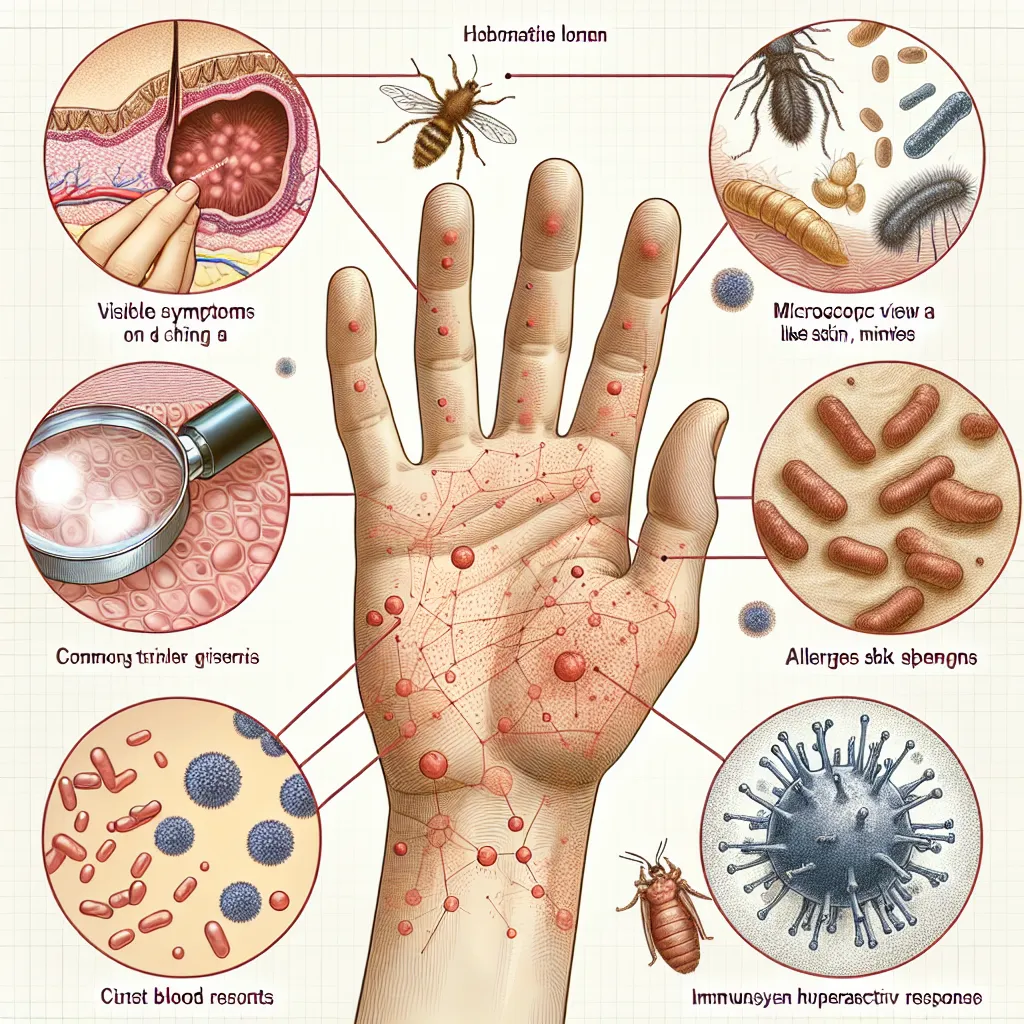Exploring the Causes of Atopic Dermatitis
Exploring the Causes of Atopic Dermatitis
Atopic dermatitis, also known as eczema, is a common chronic skin condition that affects millions of people worldwide. It is characterized by red, itchy, and inflamed skin patches that can be quite uncomfortable and distressing. While there is no definitive cure for atopic dermatitis, understanding its causes can help manage the condition effectively. In this article, we will explore the various factors that contribute to the development of atopic dermatitis.
Genetic Factors
One of the primary causes of atopic dermatitis is genetics. It tends to run in families, and individuals with a family history of atopic dermatitis, asthma, or hay fever are more likely to develop the condition. Certain genes associated with the immune system and skin barrier function play a role in the development of atopic dermatitis. People with mutations in these genes may have a higher risk of developing the condition.

Immune System Dysfunction
The immune system plays a crucial role in protecting the body from harmful substances and infections. In individuals with atopic dermatitis, the immune system overreacts to certain triggers, leading to inflammation and skin irritation. This overactive immune response can be triggered by various factors, including allergens, irritants, stress, and hormonal changes. People with atopic dermatitis have elevated levels of certain immune cells, such as T-helper cells, which contribute to the inflammatory response.
Environmental Factors
Environmental factors also play a significant role in the development of atopic dermatitis. Exposure to certain substances and conditions can trigger or worsen symptoms. Common environmental triggers include allergens like pollen, dust mites, pet dander, and mold. Additionally, irritants like harsh soaps, detergents, and chemical substances can disrupt the skin’s natural barrier, leading to dryness and inflammation. Climate and weather conditions, such as cold and dry air, can also aggravate the symptoms of atopic dermatitis.
Skin Barrier Dysfunction
The skin acts as a protective barrier, preventing the entry of harmful substances and retaining moisture. In individuals with atopic dermatitis, the skin barrier is compromised, making it more susceptible to irritants and allergens. This leads to increased water loss from the skin, dryness, and inflammation. Factors that can disrupt the skin barrier include frequent bathing, the use of harsh soaps or cleansers, and excessive scrubbing or scratching of the affected areas.
Hormonal Factors
Hormonal imbalances can also contribute to the development of atopic dermatitis. Fluctuations in hormone levels, such as during puberty or pregnancy, can trigger or worsen symptoms. Estrogen, a female sex hormone, plays a role in maintaining skin health and moisture. Any hormonal changes that disturb the delicate balance can lead to increased dryness, itching, and inflammation in individuals with atopic dermatitis.
Stress and Emotional Factors
Psychological stress and emotional factors can significantly impact the severity and frequency of atopic dermatitis flare-ups. Stress can weaken the immune system and disrupt the skin’s barrier function, making it more vulnerable to triggers. Additionally, stress can lead to increased scratching, which further aggravates the symptoms. Anxiety, depression, and other emotional factors can also trigger or worsen atopic dermatitis symptoms, creating a vicious cycle.
Dietary Factors
While the role of diet in atopic dermatitis is still being studied, certain food triggers may exacerbate symptoms in some individuals. Common culprits include dairy products, eggs, soy, wheat, nuts, and seafood. These foods are known to cause allergic reactions in some people, which can manifest as skin inflammation and itching. Identifying and avoiding potential dietary triggers can help manage atopic dermatitis symptoms.
Conclusion
Atopic dermatitis is a complex condition with multiple causes that interact with each other. Genetic factors, immune system dysfunction, environmental triggers, skin barrier dysfunction, hormonal imbalances, stress, and dietary factors all contribute to the development and exacerbation of atopic dermatitis. Understanding these causes is essential in developing effective treatment plans and lifestyle modifications to manage the condition. If you suspect you have atopic dermatitis, it is crucial to consult with a dermatologist for an accurate diagnosis and personalized treatment approach.
